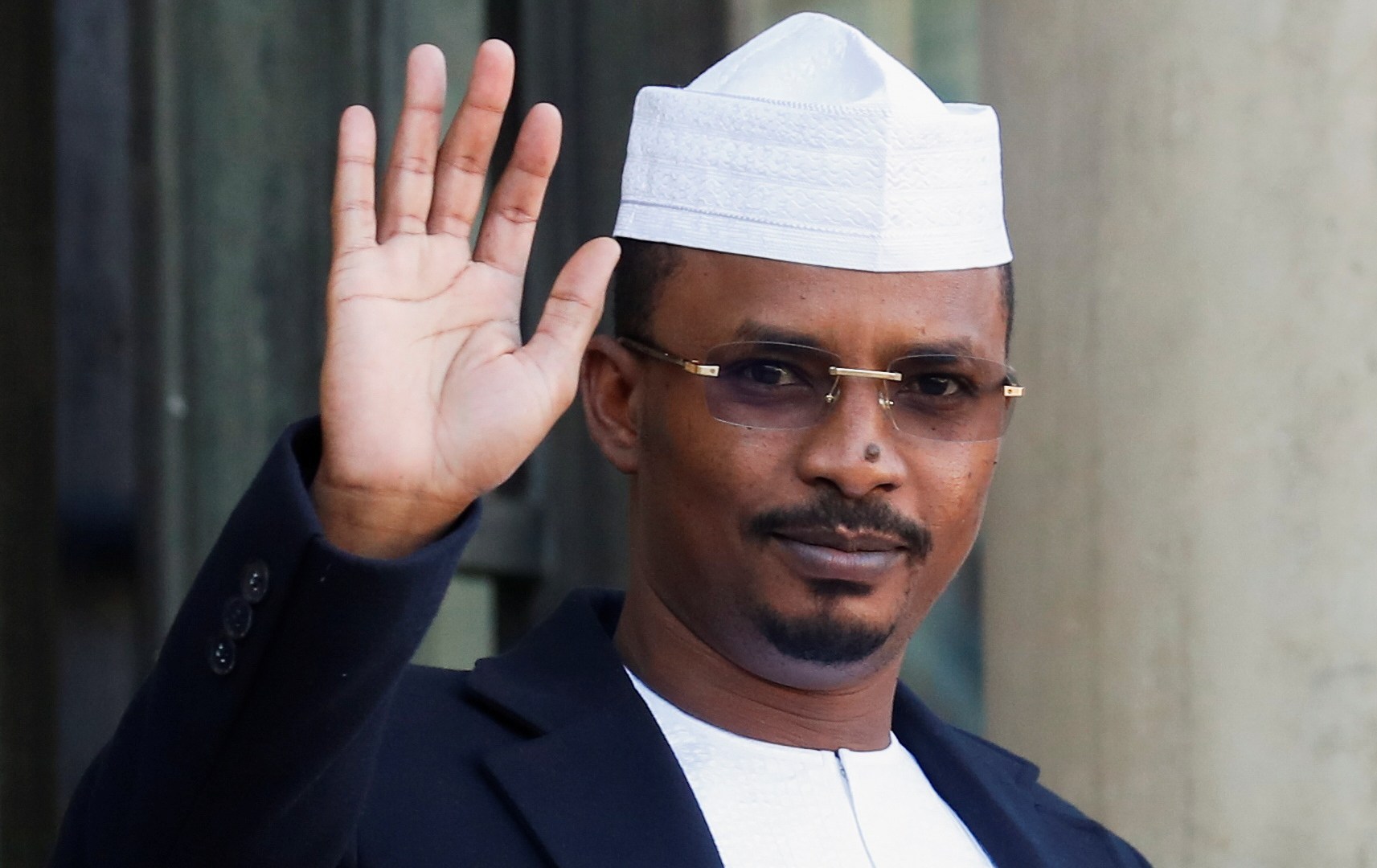As Chad gears up for its long-anticipated presidential election in May, the country’s authorities have greenlit 10 candidates to contend for the highest office, while excluding two prominent critics of the military regime from the race.
The Chad Constitutional Council’s recent announcement revealed that Nassour Ibrahim Neguy Koursami and Rakhis Ahmat Saleh, vocal opponents of the government, have been disqualified due to “irregularities” in their applications.
Interim President Mahamat Idriss Deby and recently-appointed Prime Minister Succes Masra have both secured their spots on the ballot, with their nominations approved.
Scheduled for May 6 for the first round and June 22 for the second round, with provisional results expected by July 7, these elections mark a pivotal moment in Chad’s journey back to democracy from years of military rule—a trend seen across West and Central Africa, where several military governments have seized power since 2020, raising concerns about democratic regression.
This election marks a significant milestone in Chad’s political history as it sets the stage for an unprecedented showdown between a sitting president and prime minister. Initially, Deby had promised an 18-month transition to elections upon assuming power in 2021, following the demise of his father in clashes with rebels. However, subsequent governmental decisions delayed the elections until 2024, affording Deby the opportunity to run for president—a move met with protests that were harshly quelled by security forces.
In December, a new constitution was endorsed by Chadians, critiqued for potentially solidifying Deby’s authority by enabling his presidential candidacy. Deby officially declared his candidacy earlier this month.
Masra, once a vocal critic of Chad’s military leadership, had fled the country following a crackdown on protests in N’Djamena in October 2022, which resulted in numerous casualties. He returned in November under a reconciliation agreement that guaranteed his participation in political activities, though several opposition factions have distanced themselves from him since.
Amidst these developments, Wakit Tamma, a prominent opposition coalition, has called for a boycott of the upcoming election, condemning it as a facade intended to perpetuate a “dynastic dictatorship.”
The exclusion of opposition candidates follows the recent death of General Deby’s main rival, Yaya Dillo Djerou, who was fatally shot during a military raid on his party headquarters. Human Rights Watch has urged an independent inquiry into Dillo’s death, citing concerns about the election environment.
Prime Minister Masra has pledged to conduct an international investigation into Dillo’s killing, signaling a commitment to address the concerns surrounding the electoral process.























